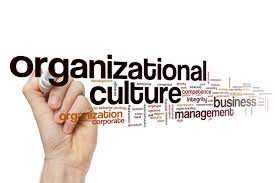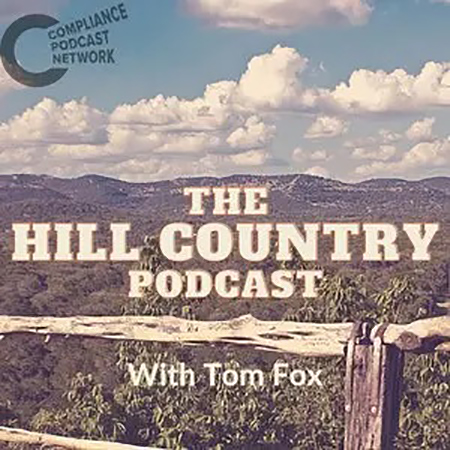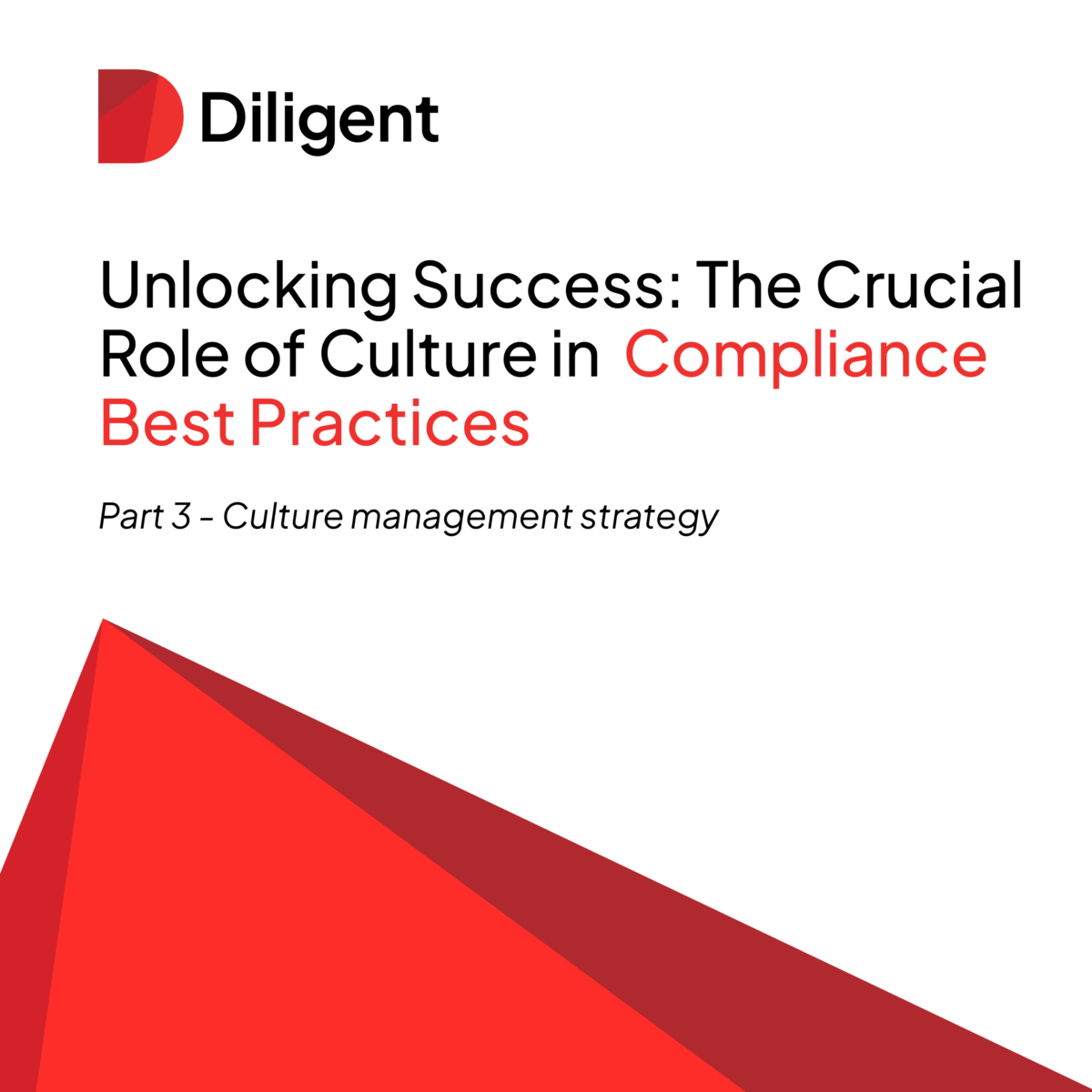Welcome to a special five-part blog series on building a stronger culture of compliance, sponsored by Diligent. In this series I will visit with Yvette Hollingsworth-Clark, Viktor Cuijak, Jessica Czeczuga; Michael Parker; and Alexander Cotoia. In this series, we will consider what is culture, how to assess culture, putting together a strategy to manage culture based upon this assessment, the monitoring of that strategy going forward and using information from your monitoring to engage in continuous improvement of your culture.
Many compliance professionals struggle with the ‘softness’ of culture. However, properly viewed culture can be seen as another type of risk for any organization. Viewed through this lens, culture can then be assessed, managed, monitored and improved as any other business risk. This has become even more important since the announcement in October 2021 by Deputy Attorney General Lisa Monaco, that the Department of Justice would assess corporate culture as a part of corporate compliance enforcement action. In this Part 3, we consider how to manage your culture risk through the crucial role of managers with assess your culture with Jessica Czeczuga.
Jessica Czeczuga is a seasoned professional with over two decades of experience in the training and development field, specializing in areas such as finance, quality, compliance and ethics, leadership, and communication training. Jessica brings a unique perspective to the compliance space, emphasizing the pivotal role of managers in shaping and reinforcing company culture. She believes that managers, being the most influential group within an organization, should be adequately trained to align with the desired culture and equipped with the necessary tools to effectively communicate and reinforce cultural values. Jessica also advocates for the collaboration between compliance professionals and HR to improve culture, leveraging their counseling skills and creating clear processes for reporting and addressing culture-related issues.
According to Czeczuga, managers are the most influential group in an organization when it comes to shaping company culture. They are the boots on the ground, constantly interacting with the employees that report to them. Their ability to talk and influence gives them a lot of power in driving the desired culture. Therefore, it is crucial for organizations to reach out to managers and get them on board with the desired culture, as they will naturally drive that message deeper into the organization.
She emphasized the importance of managers in shaping and reinforcing company culture was discussed. Managers play a significant role in driving the desired culture deeper into the organization, as they are in constant contact with employees and have the ability to support, promote, permit, or ignore certain behaviors and values.
To effectively manage culture, compliance professionals need to empower and train managers. Just like any other training program, a strong training program should be set up for managers, focusing not only on providing them with information about the desired culture but also on practical application. Role-playing and conversations with employees are key to driving behavior change and ensuring that managers are equipped to deliver the desired cultural messages.
The collaboration between HR and compliance departments is also important in reinforcing the importance of culture and driving a culture of reporting. HR, with its extensive touchpoints with employees, plays a crucial role in reinforcing compliance and culture messages. By partnering with HR, compliance professionals can ensure that the messages about culture are consistent and delivered from multiple angles, making them stronger and more impactful.
HR can also provide valuable insights and skills to the compliance function. HR has as many touchpoints with employees as any other corporate function, making it an ideal partner for compliance in reinforcing culture. HR can help compliance professionals in delivering messages about culture to different levels of employees and can provide guidance on how to address culture issues in conversations with employees.
The key takeaway is that managers have a crucial role in shaping and reinforcing company culture. They are the gatekeepers of culture and have the power to drive the desired culture deeper into the organization. To effectively manage culture, compliance professionals should focus on empowering and training managers, while also collaborating with HR to reinforce culture messages. Practical application, such as role-playing and conversations with employees, is key to driving behavior change and ensuring that managers are equipped to deliver the desired cultural messages.
In conclusion, the role of managers in shaping and reinforcing company culture cannot be underestimated. They have the ability to support, promote, permit, or ignore certain behaviors and values, making them the most influential group in an organization when it comes to culture. By empowering and training managers, and collaborating with HR, compliance professionals can effectively manage culture and drive the desired behaviors and values throughout the organization.
Join us tomorrow where we explore monitoring culture.
Tune into Jessica Czeczuga on the Diligent podcast series Unlocking Success: The Crucial Role of Culture in a Best Practices Compliance Program.










